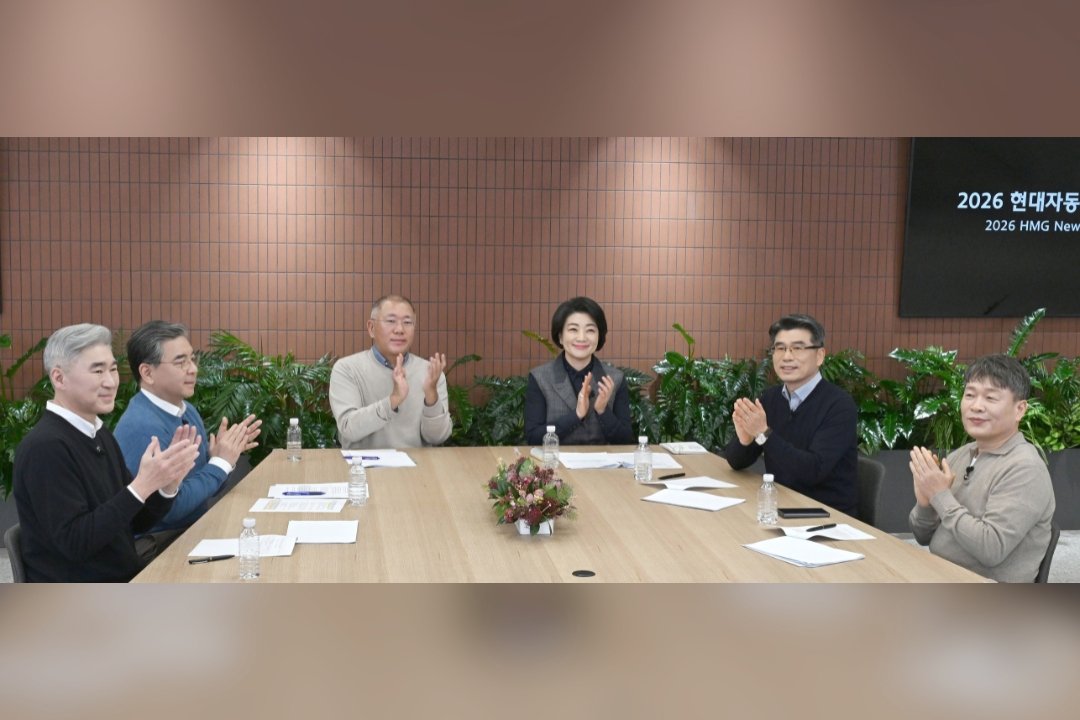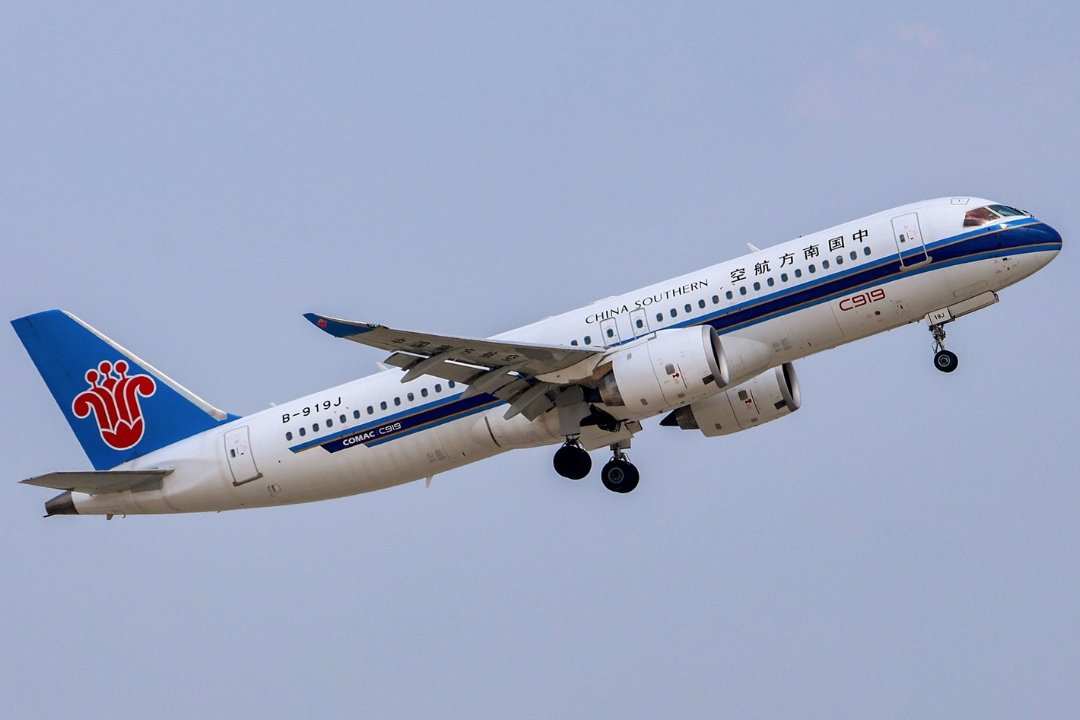Germany’s VDA auto association has urged the European Commission to abandon its proposed tariffs on electric vehicles manufactured in China, just days before the tariffs are set to effect on Thursday. The association emphasized that these tariffs could negatively impact European and American automakers exporting from China, potentially leading to retaliatory measures from China that could significantly affect the German automotive industry, given its substantial export volume to China.
In another statement, BMW CEO Oliver Zipse criticized the tariffs as a “dead end,” contending that they would adversely affect multinational corporations, impede decarbonization efforts by restricting electric vehicle supply to Europe, and fail to enhance the competitiveness of European manufacturers. According to the VDA, Germany’s passenger car exports to China last year exceeded imports by more than threefold in value. In contrast, exports from component suppliers were four times greater than imports.
Brussels has emphasized its expectation for China to present a roadmap during this week’s technical discussions, outlining how it intends to address the issue of “harmful subsidization” in its electric vehicle industry, should negotiations lead to a resolution.
According to a report by the state-backed Global Times newspaper on June 19, Chinese automakers called on Beijing last month to increase tariffs on imported gasoline-powered cars from Europe in retaliation for the tariffs imposed. A closed-door meeting, attended by companies such as SAIC, BYD, BMW, Volkswagen, and its Porsche division, discussed potential responses, as reported by two sources familiar with the matter.
An Ifo survey published on Wednesday revealed a divided opinion among German economists regarding the tariffs. While one-third of them view it as a necessary measure to counteract Chinese subsidies, another third prefer avoiding tariffs altogether to prevent escalating trade tensions.
“Dealing with China is challenging,” Ifo economist Niklas Potrafke said in a statement. “Geopolitical risks, responses to China’s economic and export strategy and maintaining free trade must be weighed up against each other.”










